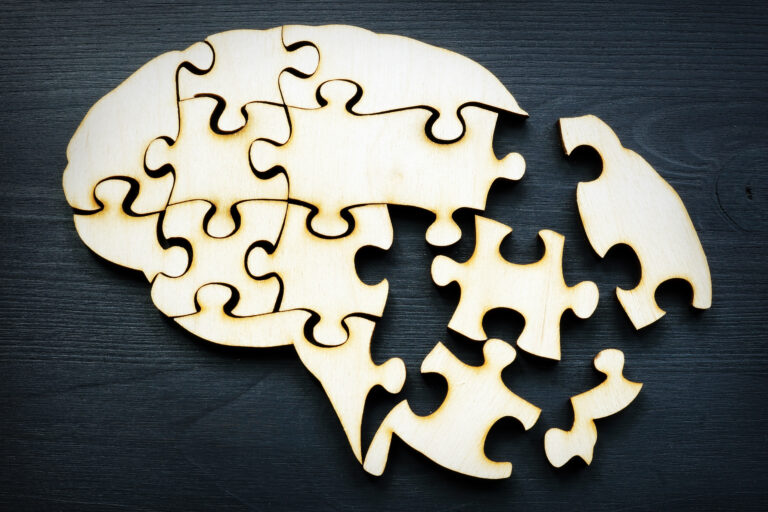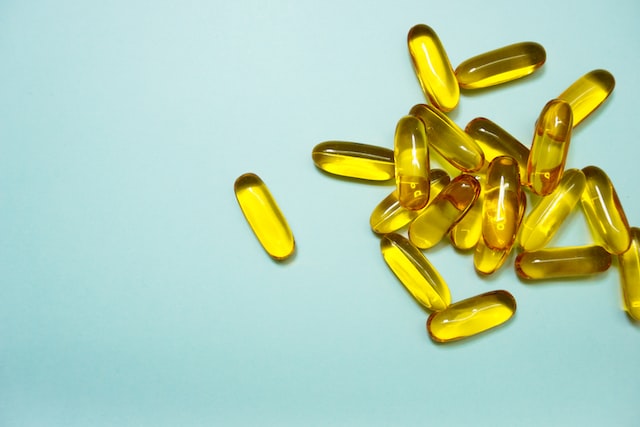Should you drink coffee before or after exercise? This is a common question for anyone looking to get the most out of their workouts, whether you’re a casual gym-goer or a serious athlete. Coffee, mainly because of its caffeine content, has been studied extensively for its effects on exercise performance and recovery. Here’s a detailed, easy-to-understand look at the science, benefits, potential downsides, and practical tips—backed by authoritative sources.
## What Does Coffee Do to Your Body?
Coffee contains caffeine, a natural stimulant that affects your central nervous system. When you drink coffee, caffeine blocks adenosine, a chemical in your brain that makes you feel tired. This leads to increased alertness, improved focus, and a temporary boost in energy[2]. These effects can be helpful both before and after exercise, but the timing matters.
## Drinking Coffee Before Exercise
**Performance Boost**
Drinking coffee before a workout can help you perform better. Research shows that caffeine improves physical performance in a wide range of activities, including strength training, power exercises, and aerobic endurance[2]. For example, a dose of about 6 mg of caffeine per kilogram of body weight taken before training has been shown to significantly improve lower-body strength and power compared to a placebo[4]. Endurance athletes, like cyclists, also perform better in time trials after consuming caffeine, with improvements of 4–5% in distance covered[4].
**Fat Burning**
Caffeine can also increase your metabolic rate and enhance fat oxidation, meaning your body burns more fat during exercise[1]. Some studies suggest that pre-workout caffeine can raise fat oxidation by up to 30%[7]. Drinking coffee 30–60 minutes before your workout seems to be the most effective timing for these benefits[1][6].
**Reduced Perceived Effort and Muscle Pain**
Caffeine can make exercise feel easier by reducing feelings of fatigue and perceived exertion[2]. It may also help reduce muscle pain during and after intense workouts. Some research indicates that caffeine can decrease post-exercise muscle soreness and speed up recovery by affecting how your muscles handle lactic acid and other ions[1].
**Focus and Safety**
The increased alertness from caffeine can help you maintain proper form during exercises, which is especially important when lifting heavy weights or doing complex movements. Better focus can make your workouts more effective and reduce the risk of injury[2].
## Drinking Coffee After Exercise
**Muscle Recovery**
After a workout, your muscles need to replenish glycogen, which is their main energy source. Some research suggests that caffeine can help muscles absorb more glucose, which may aid in faster glycogen recovery[3]. This could help you recover quicker and be ready for your next workout sooner.
**Mental Recovery**
Exercise can be mentally taxing, leaving you feeling foggy or tired. The caffeine in coffee can improve mental clarity and alertness after a workout, helping you concentrate better on tasks for the rest of your day[3].
**Mood Enhancement**
Exercise releases endorphins, which improve mood. Caffeine may boost this effect by increasing the production of neurotransmitters like dopamine and serotonin, leading to an even better post-workout mood[3].
**Timing Matters**
If you choose to drink coffee after exercise, it’s generally recommended to wait 30–60 minutes. This allows your body to start the natural recovery process and ensures that caffeine’s effects align with your body’s needs for refueling and rehydration[3]. Drinking coffee too soon after a workout might interfere with your immediate need for water and nutrients.
## Potential Downsides and Considerations
**Individual Differences**
Not everyone responds to caffeine the same way. Genetics play a big role in how your body metabolizes caffeine, which can affect both its benefits and side effects[4]. Some people may feel jittery, anxious, or experience digestive issues, while others feel a strong boost in energy and focus.
**Sleep Disruption**
Caffeine’s effects can last for several hours. If you exercise in the evening, drinking coffee afterward might interfere with your sleep, which is crucial for recovery and overall health[3]. It’s best to avoid caffeine in the late afternoon or evening if you’re sensitive to its effects.
**Hydration**
Coffee is a mild diuretic, meaning it can increase urine production. However, for most people, the fluid in coffee still contributes to your daily hydration needs. Just be sure to drink plenty of water, especially around workouts.
**Heart Rate and Blood Pressure**
Caffeine can temporarily increase heart rate and blood pressure. Most healthy people tolerate this well, but if you have heart conditions or high blood pressure, talk to your doctor before using caffeine as a workout aid.
## Practical Tips
– **Before Workouts:** Drink coffee 30–60 minutes before exercise for maximum performance and fat-burning benefits[1][6][8].
– **After Workouts:** If you want coffee for recovery, wait 30–60 minutes post-exercise to let your body start recovering naturally[3].
– **Dose:** A common effective dose is about 3–6 mg of caffeine per kilogram of body weight. For a 70 kg (154 lb) person, this is roughly 210–420 mg of caffeine, or about 2–4 cups of coffee.
– **Listen to Your Body:** Pay attention to how caffeine affects you. Adjust timing and amount based on your personal tolerance and how it impacts your sleep and digestion.
– **Avoid Late-Day Caffeine:** If you exercise in the evening, skip the post-workout coffee to protect your sleep[3].
## The Bottom Line
Drinking coffee before exercise can boost performance, increase fat burning, reduce perceived effort, and help with focus and safety during your workout[1][2][4]. Drinking it after exercise may aid in muscle recovery, mental clarity, and mood, but timing is important to avoid interfering with natural recovery processes[3]. Individual responses vary, so it’s best to experiment and see what works for you, keeping in mind potential side effects and the importance of good sleep and hydration.
Authoritative sources used in this article include peer-reviewed journals and reputable health and fitness websites[1][2][3][4]. Always consult with a healthcare professional if you have specific medical conditions or concerns about caffeine intake.





